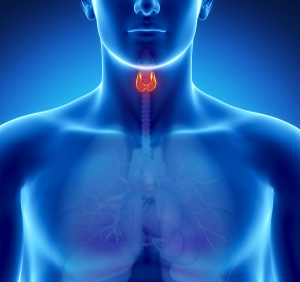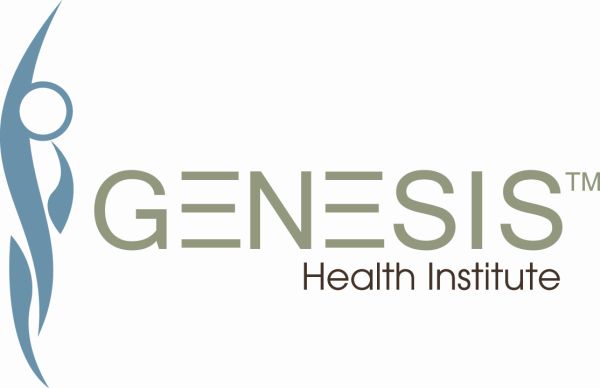Thyroid Disorder Treatment in Weston, FL
Hyperthyroidism
The most common thyroid disorders include hyperthyroidism and hypothyroidism . Having hyperthyroidism and hypothyroidism can be both unpleasant and uncomfortable, but these thyroid conditions can be managed if properly diagnosed and treated.
What is hyperthyroidism?
Hyperthyroidism is a condition in which your thyroid makes too much of the thyroid hormone, called thyroxine. Your thyroid controls your metabolism, and hyperthyroidism can speed up your metabolism to above-normal levels.
What are the symptoms of hyperthyroidism?
Common symptoms of hyperthyroidism include:
- Rapid weight loss
- Excessive sweating
- Insomnia
- High blood pressure
- A rapid or irregular heartbeat
- Eye sensitivity
- Anxiety
What causes hyperthyroidism?
Graves' disease causes most cases of hyperthyroidism. Graves' disease is an autoimmune disease that leads to overactivity of the thyroid, which results in releasing too much of the thyroxine hormone (T-4). Hyperthyroidism may run in the family.
What are the risks of untreated hyperthyroidism?
If left untreated, hyperthyroidism can lead to heart problems, brittle bones, eye problems, and a condition called thyroid storm in which the heart rate is increased to dangerously high levels.
How is hyperthyroidism treated?
Depending on the patient's severity of the hyperthyroidism condition, it can be treated in several ways.
-
Supplementing your diet with calcium and vitamin D.
Hyperthyroidism may result in thinning of the bones, so it's important to discuss with your doctor how much calcium you need to prevent osteoporosis. -
Avoiding caffeine.
Caffeine can quicken your heart rate, so avoid consuming caffeine if you are experiencing a rapid heartbeat. -
Taking anti-thyroid medication.
These medications reduce symptoms related to hyperthyroidism by preventing your thyroid from producing excess amounts of hormones. Some patients take anti-thyroid medication for as long as a year. -
Consuming radioactive iodine.
Radioactive iodine is absorbed by your thyroid gland, causing it to shrink. This treatment may cause thyroid activity to slow down significantly, leading to hypothyroidism. If this is the case, you might need to take medication to replace the thyroxine hormone.
Hypothyroidism
What is hypothyroidism?
Hypothyroidism is a condition in which your thyroid does not make enough of the most important thyroid hormones called triiodothyronine (T-3) and thyroxine (T-4).
What are the symptoms of hypothyroidism?
Some more common symptoms of hypothyroidism include the following:
- Weight gain
- Fatigue
- Muscle weakness or stiffness
- Dry or cold skin
- Heavy or irregular menstrual periods
- Constipation
- Elevated blood cholesterol level
- Slowed heart rate
- Depression
- Low sex drive
- Joint pain
- Cold extremities
What causes hypothyroidism?
Hypothyroidism may be the result of a number of conditions including autoimmune disease, pregnancy, and iodine deficiency.
What are the risks of untreated hypothyroidism?
If left untreated, hypothyroidism can lead to myxedema, a condition that causes tissues to swell, increases fluid around the lungs and heart, and slows down muscle reflexes. A myxedema coma may cause you to lose consciousness, experience trouble breathing, and can potentially lead to heart failure. Hypothyroidism can also cause mental health issues like depression and slowed mental functioning.
How is hypothyroidism treated?
Hypothyroidism is usually treated with thyroid hormone medicine. Most symptoms of hypothyroidism start to improve a short time after you begin treatment. All symptoms related to hypothyroidism usually disappear within a few months.
Genesis Health Institute
Address
1001 NE 26th StWilton Manors, FL 33305
(954) 248-3611
www.ghinstitute.com
Hours
Tue:
8:00 am - 5:00 pm
Wed:
8:00 am - 5:00 pm
Thu:
8:00 am - 5:00 pm
Fri:
8:00 am - 5:00 pm
Sat:
8:00 am - 5:00 pm


